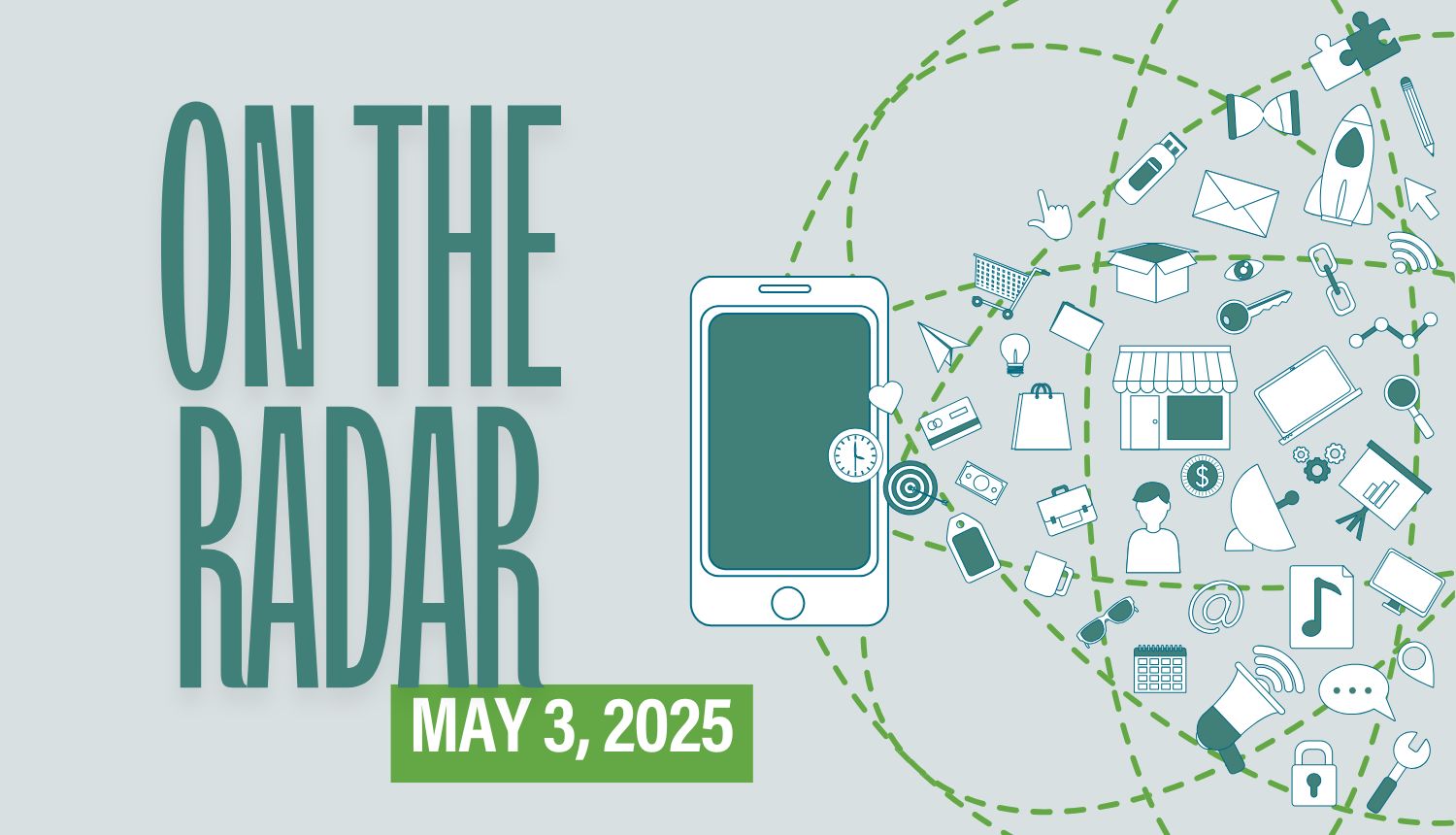Why Are Kids Chanting “Six Seven” in Classrooms?
What? “Six seven,” the latest trend that teens and tweens have latched onto, was born from a meme referencing the song “Doot Doot (6 7)” by Skrilla. It’s also been linked to NBA player LaMelo Ball (who is 6 feet 7 inches tall). But some kids are just using it as a nonsensical term to get reactions out of adults.
So What? The biggest issue is that “six seven” is disrupting classrooms as kids start repeating the phrase over and over once teachers say the two numbers in sequence. But younger adopters of the phrase may not realize that the rap song it originates from contains explicit and violent lyrics. And it’s possible some kids are discovering the song because of the trend.
Now What? The context here matters. For many tweens, it’s likely just some catchy, silly phrase they picked up on TikTok or YouTube. But if you hear your children using it, ask them where they heard it and what they think it means. As Annabelle Canela writes for Parents, “It can be a great opportunity to discuss media literacy, responsible language and understanding the context of the content they engage with online.”
ChatGPT Action-Figure Craze Comes With Privacy Concerns
What? Since early April, social media users have been using AI (particularly ChatGPT) to generate images of their own personal “action figures,” complete with accessories. (My own would likely contain a coffee mug, knitting needles and a PlayStation controller.)
So What? Wired reports that when users participate in this trend—which requires uploading an image of yourself—they are often unknowingly handing over “an entire bundle of metadata” about themselves, including the “time the photo was taken and the GPS coordinates of where it was shot.” And while OpenAI (ChatGPT’s parent company) says it doesn’t seek out personal information to train its models, “images submitted through ChatGPT can be retained and used to improve its models.”
Now What? The action-figure trend itself isn’t too problematic. However, it also serves as a good reminder that when we hop on even the most seemingly innocuous trends, we may be giving up more personal information than we realized.
The ‘Caveman Method’ and ‘Glazed Donut’ Skincare Routines Promote Bad Advice, Say Experts
What? Teens turning to the “caveman method” or “glazed donut” skincare routines popularized on social media may be doing more harm to their skin than good, experts say.
So What? According to Fast Company, adopting the “caveman method”—wherein users forego use of any and all skincare products, including water—can adversely affect your skin’s health much like not brushing your teeth can affect your oral health. But Parents warns that more intense routines, such as Hailey Bieber’s nine-step “glazed donut” process or other “clean-girl aesthetic” routines, can result in teens using products that are not tailored to their specific skincare needs or skin types.
Now What? Teens are most likely to jump on these trends, especially if they feel self-conscious about their skin or peer pressured to look a certain way. But licensed psychologist Leah Clionsky says parents need to model good skincare behavior themselves: “Notice if you’re criticizing your own appearance or obsessing over beauty trends.” She also adds that parents should put beauty trends into perspective for our teens, showing how fads change or fade over time. And we should encourage them to find their own style rather than adhere to someone else’s beauty standards.
The post On the Radar: ‘Six Seven’, ChatGPT Action Figures and the ‘Caveman Method’ vs. ‘Glazed Donut’ appeared first on Plugged In.


